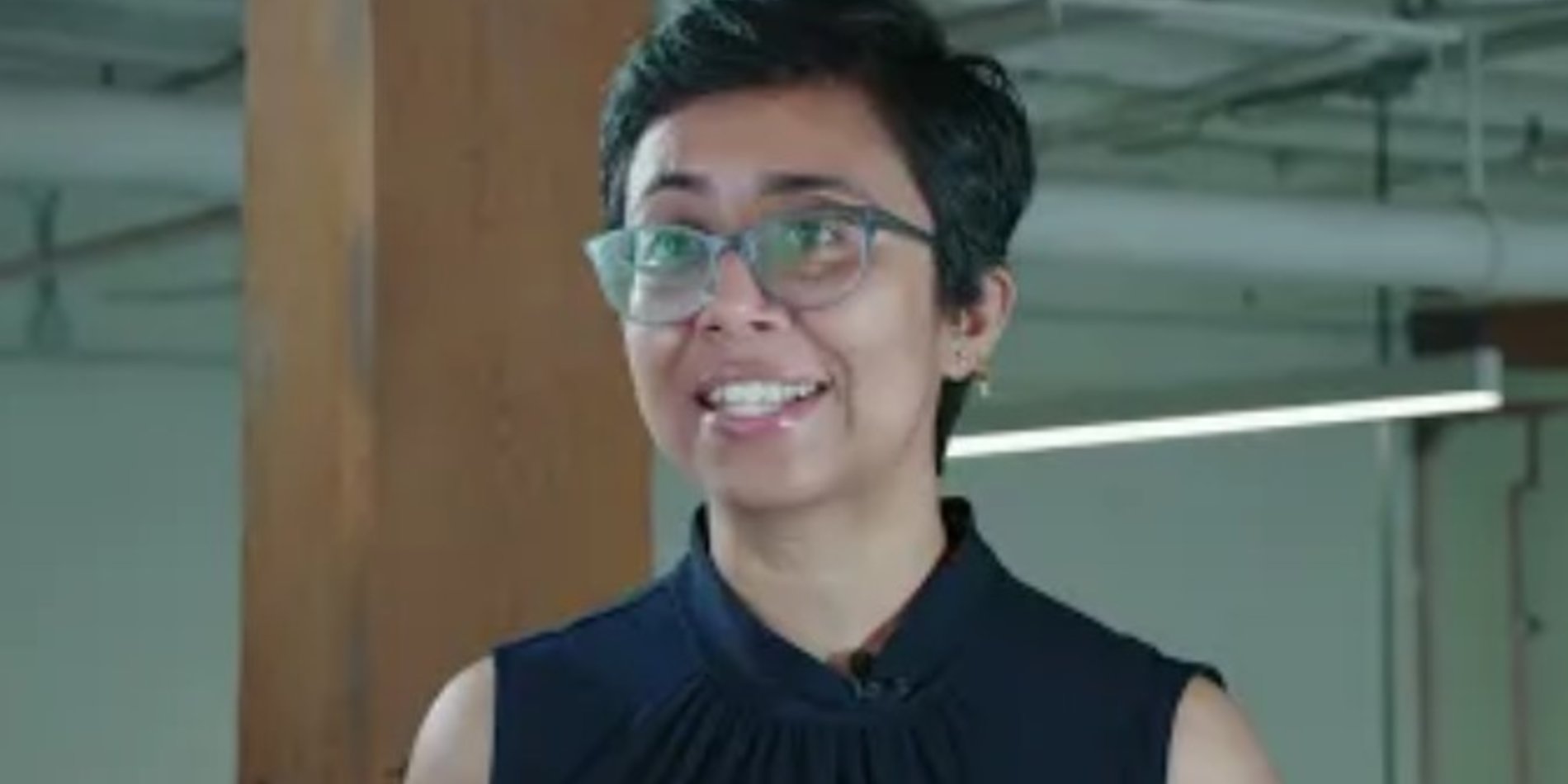Scrappy Startup

ReMatter is a venture cofounded by three Stanford graduates to be the “modern operating system” for industrial recyclers, a sector where keeping records with pen and paper is still commonplace. ReMatter wants to find the swiftest line through all players in the scrap metal supply chain—so that everyone wins, including the climate.
“How do we help our clients find customers and ship to them in a way that’s both environmentally and economically beneficial?” says CEO Wyatt Pontius, ’19, MS ’19.
Today, the venture has built a software platform for scrap recyclers, with mobile apps for wrangling metal onsite and on the go. You could think of ReMatter as one part supply-chain matchmaker and one part inventory specialist. Their clientele ranges from mom-and-pop peddler-style yards to multinational corporations. No matter the size of the company, the trick is managing a complex inventory.
What’s old is new
Every day a dazzling amount of metal is routed through scrap yards around the world, destined for a new life as a different object: miscut car doors, stainless steel pipes, airplane-grade aluminum, e-waste, copper wires, and yes, the humble soda can. Pontius even had a chance to meet the recyclers of stamp metal from the Ford Motor Company factory in Detroit.

Unlike plastic recycling, with its maze of chasing arrows symbols and quickly degrading materials, metals like aluminum can be recycled an infinite number of times without being “downcycled.”
What is today a $217 billion global industry, in some ways hasn’t changed since the Bronze Age. The joy of metal is that you can melt it, recast it, use it, and repeat ad infinitum.
“I think the MacBook I’m talking on right now is made from recycled aluminum,” Pontius mentions in an interview, by way of example.

As raw metals become more costly to extract from the planet, the recycled market is ever more valuable. Nowhere is this more visible than in the supply chain for lithium-ion batteries. Cobalt is a metal widely used in lithium-ion batteries inside electric cars, cell phones, and computers.
As cobalt’s demand has increased, so have ethical concerns around how local communities are impacted by sourcing it. More than two-thirds of the world’s cobalt comes from the Democratic Republic of Congo, where mining operations frequently are cited for human rights and child labor violations.
ReMatter hopes that by guiding domestic metal recyclers to greater efficiency, they can decrease our dependence on mining that is costly to people and planet alike.
“There are layers upon layers of reasons why if you can diversify the supply chain by recycling more metals, there’s a huge benefit,” he says.
Pontius first focused on scrap yards as a Stanford undergrad in 2017, when he earned a spot in a joint program between the TomKat Center and StartX that empowered students to spend the summer exploring a sustainability-focused product or service.
Like a magnet, the topic of metal recycling drew him closer. The more Pontius learned, the more the gears in his head turned. What started as a summer project began to feel like a calling—even a company—but he knew he needed help.
Optimizing for abundance
Meanwhile, Stanford students Sean O’Bannon, ’20, and Drake Hougo, ’20, were busy building their own venture: a voting app, designed to connect citizens to their members of Congress.
Ultimately, that effort fizzled, but it helped the founding trio to meet. Their entrepreneurial paths crossed in the StartX Student-in-Residence 2018 winter cohort, where they discovered they had complementary expertise. When they decided to officially form a company in spring 2020, despite being in the midst of a global pandemic, their roles fell into place easily.
O’Bannon, who majored in computer science, signed on as the chief technology officer; political science major Hougo, as chief operations officer; and Pontius as CEO.
As a management science engineer, Pontius says his first instinct was to calculate every possible scrap yard scenario. Are you shipping internationally or domestically? By truck, barge, ocean liner, or rail?
“But it’s almost impossible to do that,” he says. “A crazy number of variables goes into determining how profitable a given recycling operation is.”
So the co-founders did the next best thing. With support from an Innovation Transfer grant from the TomKat Center, they traveled to well-respected recyclers up and down the West Coast. From Oakland to Portland, they shadowed operators who’ve been scrapping for 40 years.
It was their apprenticeship into a niche but critical industry that can be a maze for outsiders to navigate, and a qualitative foundation for the computational tools they soon would build. After graduation, the three quarantined together in a duplex in San Bruno, California, and set up shop.
An advantage of starting a business at the height of the COVID pandemic is that they fully embraced a distributed model for their team. Today ReMatter has 16 employees situated evenly across North and South America.
“When I look to the future, my geeked-out version of it is thinking of the whole industry as a network that when it is optimized, everyone benefits,” he says of the opportunities he sees for the sector to leverage data, teamwork, and efficiency. “Hopefully it becomes a no-brainer to work together to the mutual benefit of each other and also the whole supply chain.”
This article is part of the TomKat Center Spotlight series designed to highlight the impact and trajectory of the work of faculty and students who received funding through our Innovation Transfer Program, TomKat Solutions, and Graduate Fellowships. Stanford University does not endorse any non-Stanford entities, programs, products, or services listed in the article.



